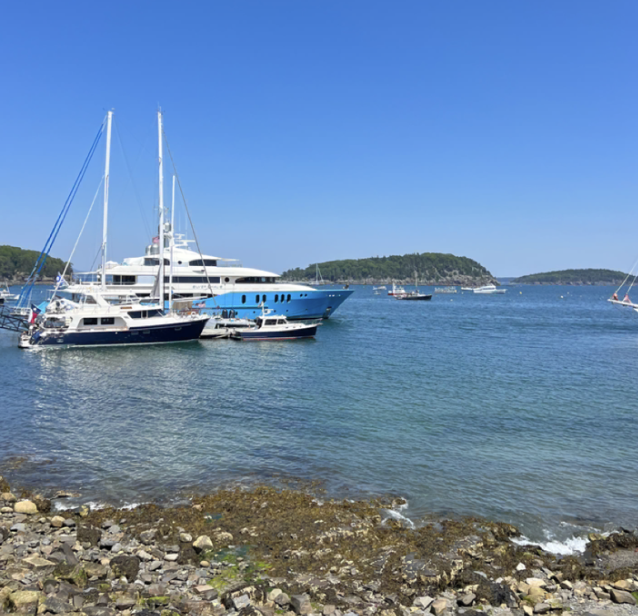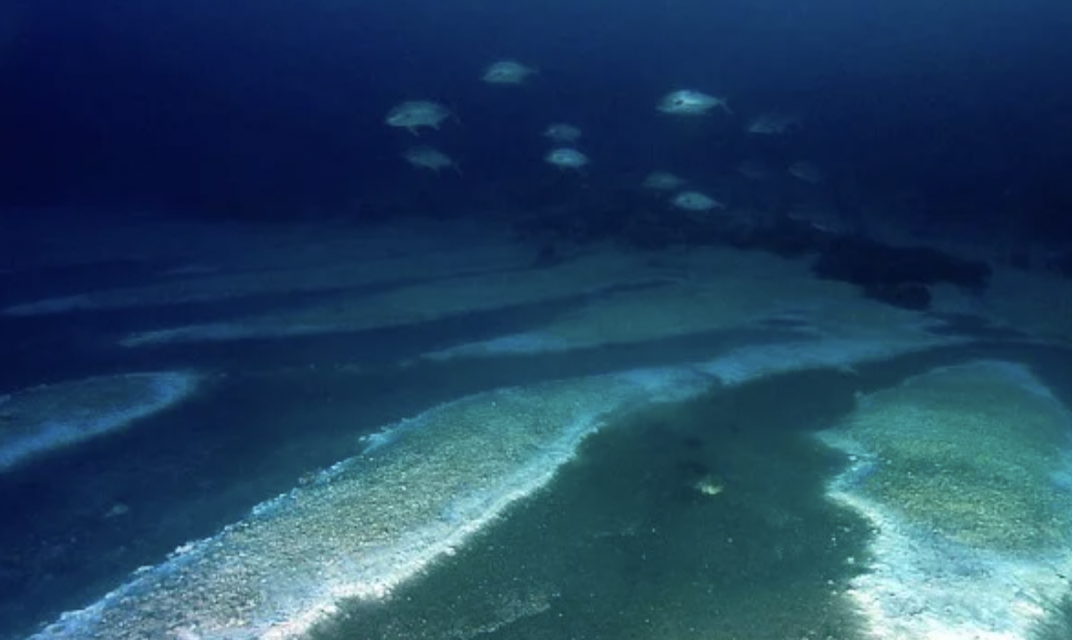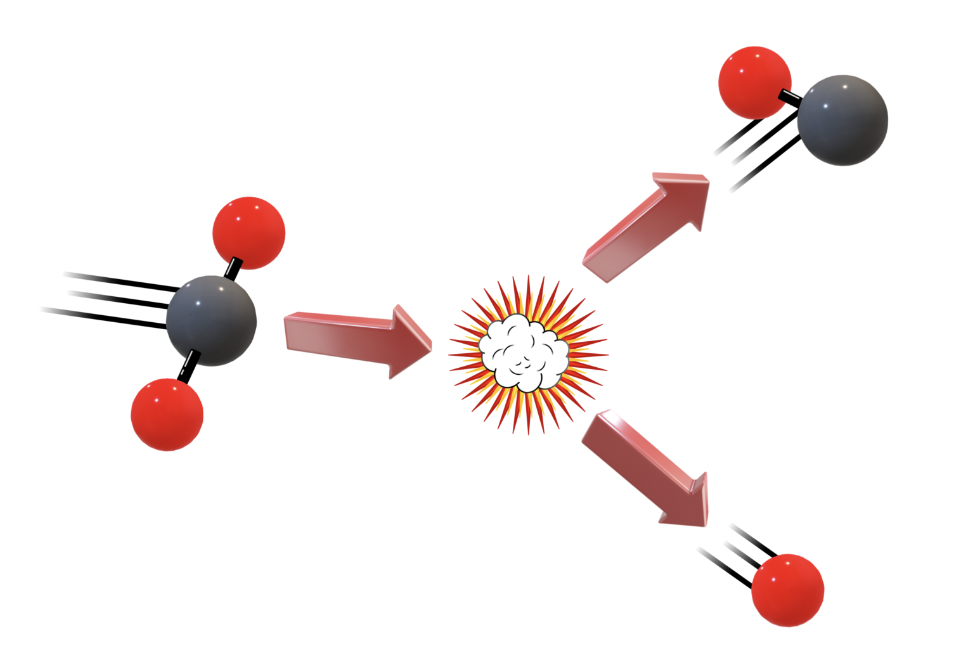
Research
Carbon Sequestration Methods
Ocean Acidification Effects
-
Ocean acidification is primarily caused by the absorption of excess carbon dioxide from the atmosphere by the ocean, resulting in a decrease in pH levels. This can have negative impacts on human populations as it can lead to reduced populations of shell-forming organisms and ultimately impact the fishing and tourism industries, which can negatively affect the livelihoods of coastal communities. Additionally, the decrease in pH levels can also disrupt ocean ecosystems and alter the food chains that humans rely on for sustenance, leading to food insecurity and other health issues. Thus, it is important to address the root cause of ocean acidification by reducing greenhouse gas emissions to prevent further harm to both marine life and human populations.
High levels of carbon dioxide in the atmosphere can contribute to global warming and climate change, resulting in a range of negative impacts on human populations, such as extreme weather events, sea level rise, and food and water insecurity. Additionally, increased carbon dioxide levels can lead to ocean acidification, which, as mentioned earlier, can impact marine life and ultimately impact human food sources and economic activities. Therefore, it is essential to reduce carbon dioxide emissions to mitigate these harmful effects and protect both the environment and human populations.
-
Ocean acidification can have significant negative impacts on marine life and other animals that rely on the ocean for their survival. As the pH of the ocean decreases due to excess carbon dioxide absorption, it becomes more acidic and can dissolve the shells of shell-forming organisms, such as mollusks, oysters, and coral, making them more vulnerable to predation and decreasing their populations. Additionally, changes in the ocean's acidity levels can alter the behavior, growth, and reproductive success of many marine species, leading to disruptions in ocean ecosystems and food webs.
The effects of ocean acidification extend beyond marine life and can impact other animals as well. For example, the decrease in populations of shell-forming organisms can lead to reduced food sources for marine animals, which can ultimately impact commercial and recreational fishing industries and, in turn, human populations that rely on these industries for food and livelihoods. Moreover, changes in ocean ecosystems can impact global climate patterns and weather systems, which can have ripple effects on land-based ecosystems and animal populations.
-
Ocean acidification is one of the many challenges that our planet faces, and its impacts are far-reaching and long-lasting. As excess carbon dioxide in the atmosphere is absorbed by the ocean, it causes a decrease in pH levels and an increase in acidity, which can lead to significant changes in ocean ecosystems.
One of the most significant impacts of ocean acidification is the potential loss of biodiversity in marine ecosystems. As the ocean becomes more acidic, it becomes more challenging for many marine species to survive and reproduce, particularly those that rely on calcium carbonate to form their shells or skeletons. This can lead to the loss of entire species and the disruption of ocean food webs.
Another critical impact of ocean acidification is the potential impact on global climate patterns. The ocean plays a crucial role in regulating the Earth's climate by absorbing and storing large amounts of carbon dioxide. However, as the ocean becomes more acidic, it may be less able to perform this vital function, which could lead to an increase in global temperatures and changes in weather patterns.
Finally, ocean acidification can have significant economic impacts, particularly on industries that rely on the ocean for their livelihoods, such as fishing, tourism, and transportation. As marine ecosystems change, these industries may experience reduced productivity and profitability, leading to job losses and economic instability.
In conclusion, ocean acidification is a critical issue that has far-reaching impacts on the future of our planet. Addressing this challenge requires a comprehensive approach that considers the root causes of ocean acidification, such as reducing greenhouse gas emissions, as well as targeted measures to protect and restore affected marine ecosystems. By taking action to address ocean acidification, we can help ensure a sustainable and healthy future for our planet and its inhabitants.
Citations
Argonne National Laboratory. “Molecular Engineering.” Argonne National Laboratory, 2021, https://www.anl.gov/topic/molecular-engineering.
Keefe, Carly. “Ocean Storage of CO2.” The Maritime Executive, 10 July 2019, https://www.maritime-executive.com/features/ocean-storage-of-co2.
Norwegian University of Science and Technology. “How a Plasma Gasifier Can Reduce CO2 Emissions.” Norwegian University of Science and Technology News, 18 June 2020, https://norwegianscitechnews.com/2020/06/how-a-plasma-gasifier-can-reduce-co2-emissions/.
National Grid. “What Is Carbon Sequestration?” Energy Explained, National Grid, 2021, https://www.nationalgrid.com/stories/energy-explained/what-carbon-sequestration#:~:text=CCS%20involves%20capturing%20carbon%20dioxide,rock%20formations%20for%20permanent%20storage.





